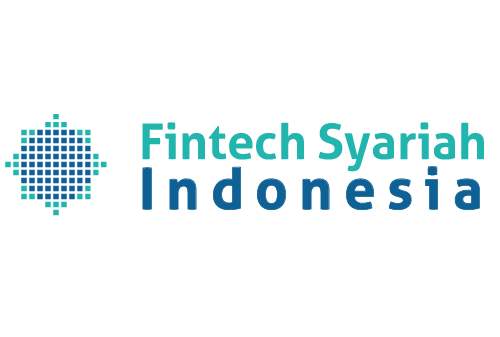About the Journal
Focus and Scope
Islamic Economics and Business Review provides a forum to promote the wide dissemination of knowledge and research in various fields of Islamic Economics and Finance.
This journal encompasses research articles and conceptual papers in the areas:
- Islamic economics
- Islamic banking and finance
- Islamic microfinance
- Islamic philanthropy (zakat and waqf)
- Halal economy
Peer Review Process
The practice of peer review is intended to ensure that only good science is published. As an objective method of guaranteeing excellence in scholarly publishing, it has been adopted by all reputable scientific journals. Our reviewers play a vital role in maintaining the standards of the Islamic Economics and Business Review.
Initial manuscript evaluation
The editors first evaluate all submitted manuscripts. It is rare, but it is possible for an exceptional manuscript to be accepted at this stage. Manuscripts rejected at this stage are insufficiently original, have serious scientific flaws, or are outside the aims and scope of the journal. Those that meet the minimum criteria are normally passed on to at least two expert reviewers for review.
Authors of manuscripts rejected at this stage will usually be informed within three weeks of receipt.
Type of peer review
The Islamic Economics and Business Review employs double blind review, in which the reviewers remain anonymous to the author(s) throughout and following the reviewing process. In the same time of reviewing process the authors also remain anonymous.
How the reviewer is selected
Whenever possible, reviewers are matched to the paper according to their expertise.
Referee reports
Reviewers are asked to evaluate whether the manuscript:
- Is original as to thought and method (including data)
- Is methodologically sound
- Has results that are clearly presented and support the conclusions
- Correctly and exhaustively references previous relevant work
- Follows appropriate ethical guidelines, especially as concerns plagiarism
- Clearly adds to the knowledge and development of the field
How long does the review process take?
The time required for the review process is dependent on the response of the referees. For the Islamic Economics and Business Review. the typical time for the first round of the review process is approximately 6 weeks, with a maximum of four months.
Final report
A final decision to accept or reject the manuscript will be sent to the author along with the recommendations made by the reviewers, including (if applicable) the latter’s verbatim comments.
The Editor in Chief's decision is final
Reviewers advise the Editor in Chief, who is responsible for the final decision to accept or reject the article.
Publication Frequency
This journal is published twice a year in June and December
Open Access Policy
This journal provides immediate open access to its content on the principle that making research freely available to the public supports a greater global exchange of knowledge.
Publication Frequency
This journal is published three times a year in April, August, and December. Articles can be sent at any time, and the editor will publish according to the schedule
Publication Fee
Islamic Economics and Business Review charges the following publication fee:
Article submission: 0.00 (USD/IDR)
Article publication: 0.00 (USD/IDR)
All submission and publication processes in the Journal of Islamic Economics and Finance Studies are free of charge.
Policy of Screening for Plagiarism
Papers submitted to the Islamic Economics and Business Review will be screened for plagiarism using Turnitin. The similarity index of paper for reviewing process is not more than 20 percent. Papers leading to plagiarism or self-plagiarism will be immediately rejected.
All authors are suggested to use plagiarism detection software to do the similarity checking before submitting their manuscript to the journal
Journal History
Islamic Economics and Business Review (IESBIR) was established on August 8, 2022, based on the Decree of the Rector of UPN Veteran Jakarta No. 1179.1/UN61.0/HK.02/2022. The journal published the first issue on August 8, 2022, the issue of Vol. 1 No. 1 (2022): IESBIR, August 2022. The journal was launched formally by the Vice Dean III of the Faculty of Economics and Business, UPN Veteran Jakarta on October 11, 2022. The journal has been registered as a member of Aliansi Pengelola Jurnal Berintegritas Indonesia (ALJEBI).
Starting from the issuance of Vol. 1 No. 2 (2022) the journal has updated the template, therefore the published articles in that number began to be published in the new template format. Meanwhile, the metadata format had been updated by including abstracts both in English and Indonesian together.
In 2024 IESBIR journals will be indexed by DOAJ: Directory of Open Access Journals since on 28 June 2024, while it would increase the visibility, impact, distribution, and usage of the journal content.
However, in early 2025, after a thorough evaluation of publication standards, editorial processes, and the evolving landscape of academic research, the editorial board decided to adjust the journal’s publication frequency from three issues per year to two. This strategic revision was implemented to enhance the rigor of the peer-review process, maintain the highest quality of published articles, and better align with global academic publishing standards. By reducing the frequency, IESBIR aims to ensure that each issue upholds the journal’s commitment to excellence while accommodating the increasing demand for in-depth, high-impact research.












